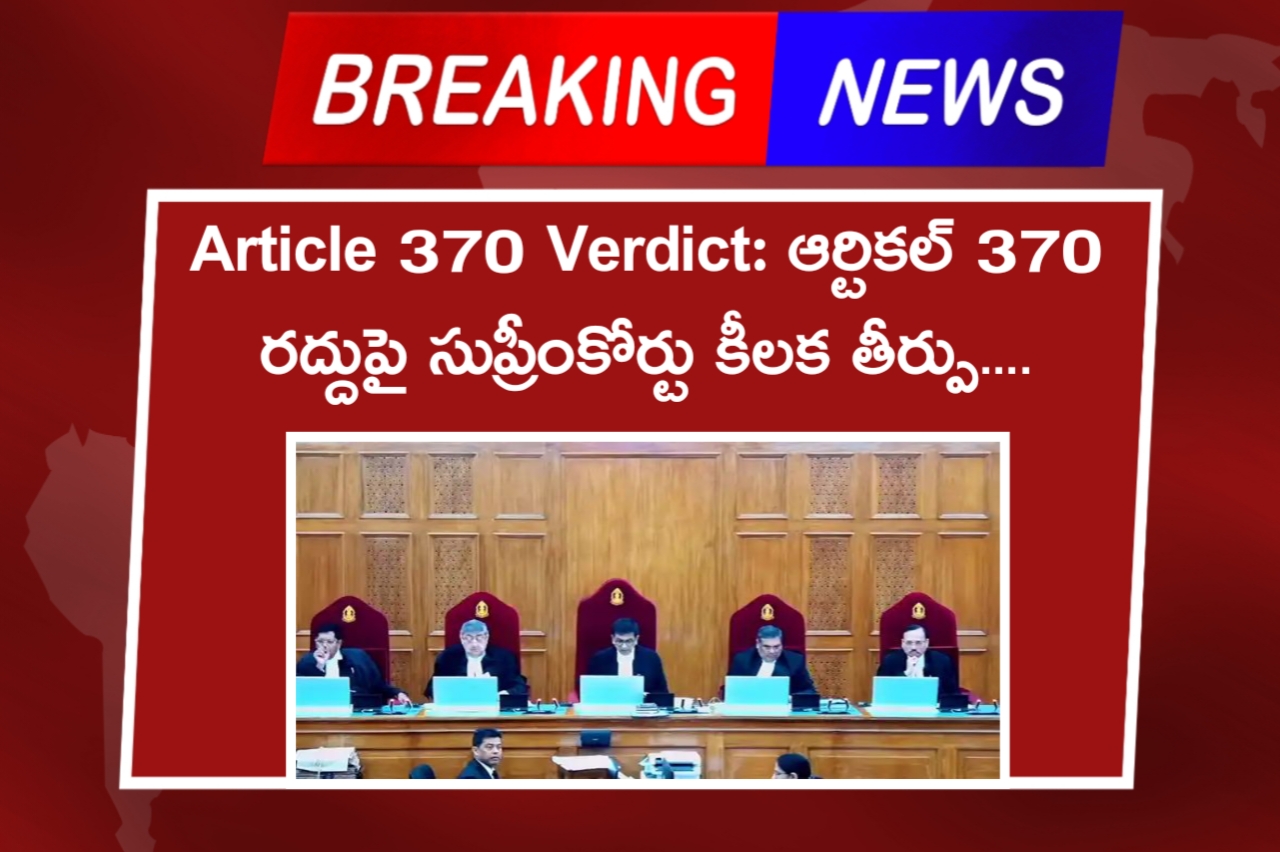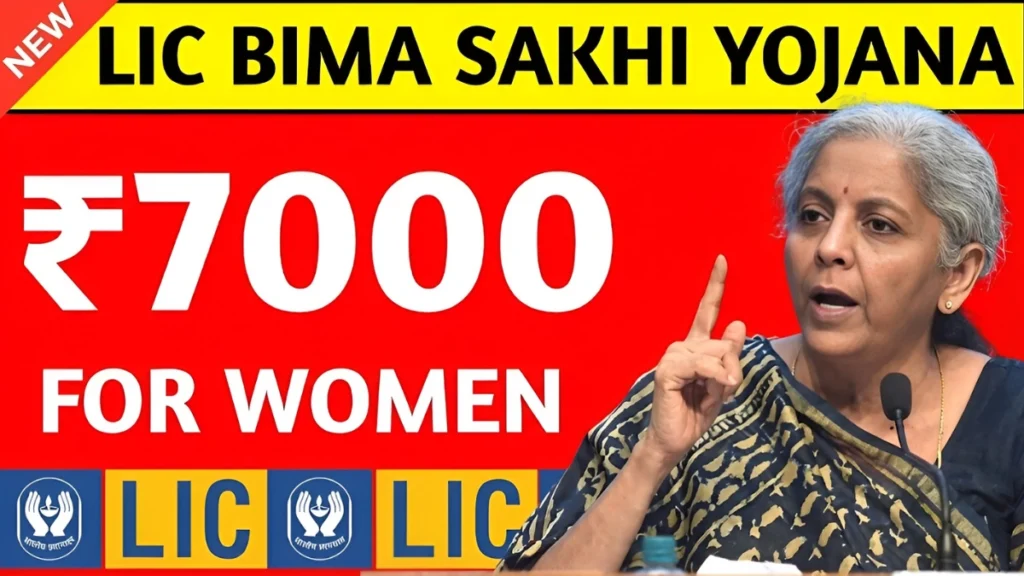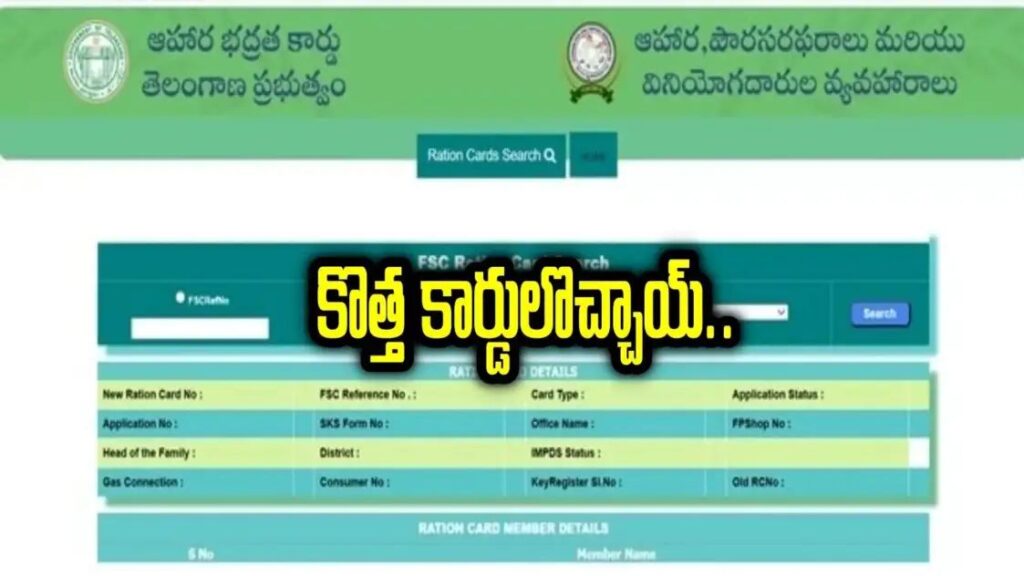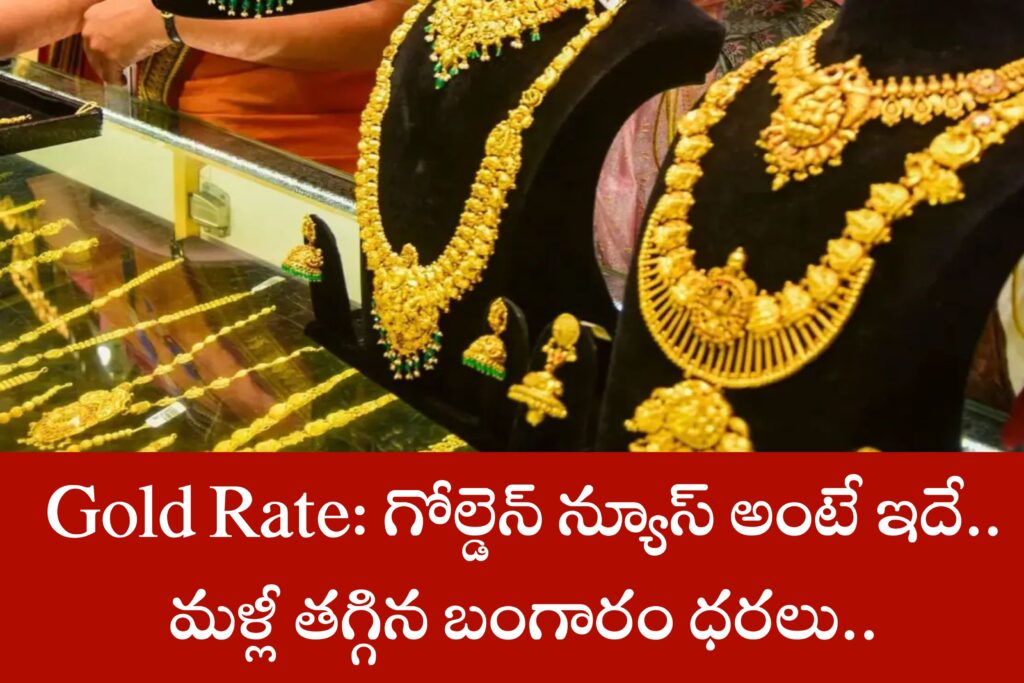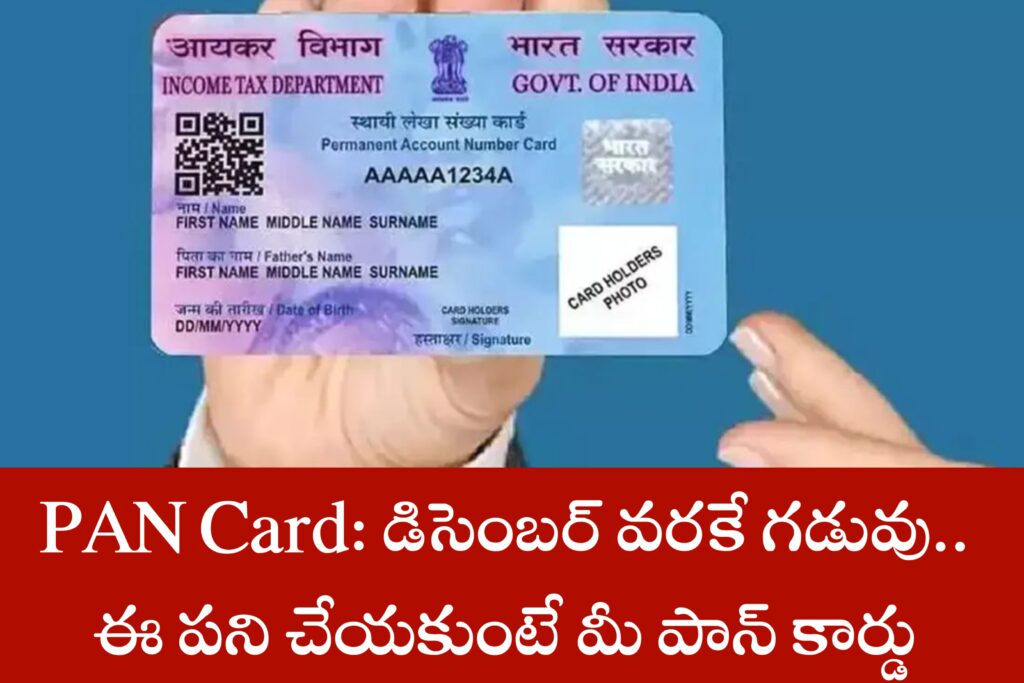Supreme Court’s Ruling on Article 370 Abrogation
The Supreme Court recently issued a significant verdict on petitions challenging the central government’s abrogation of Article 370 in 2019, which revoked the special status of Jammu and Kashmir.
Constitution Bench Inquiry
A five-member Constitution Bench, led by Chief Justice DY Chandrachud, thoroughly investigated the matter, conducting a lengthy inquiry.
Verdict Highlights
In its Monday ruling, the Supreme Court declared that the abrogation of Article 370 falls within the central government’s jurisdiction. Chief Justice DY Chandrachud, heading the five-member bench, emphasized that Parliament’s decision is irrevocable, asserting the court’s non-interference in central decisions.
Temporary Nature of Article 370
The court clarified that Article 370 was a temporary provision arising from wartime circumstances, emphasizing Jammu and Kashmir’s lack of sovereign power. The Constitution of India holds ultimate authority, with an agreement made by the Jammu and Kashmir king.
Timeline of Court Proceedings
The Constitution Bench, headed by Chief Justice DY Chandrachud, deliberated on the constitutionality of Article 370 for 16 days, addressing challenges from Kashmiri parties, including the PDP.
Legal Process
The Supreme Court initiated the investigation on August 2, concluding on September 5 with the judgment. The central government’s abrogation of Article 370 on August 5, 2019, resulted in the bifurcation of the state into two Union Territories, sparking opposition from local political parties who filed petitions challenging the decision.
Security Measures in Kashmir
Following the landmark verdict, Kashmir authorities implemented strict security measures. Police reviewed security arrangements in 10 Kashmir Valley districts for two weeks. Some leaders were detained, and others placed under house arrest, with warnings against actions that could incite public unrest.
